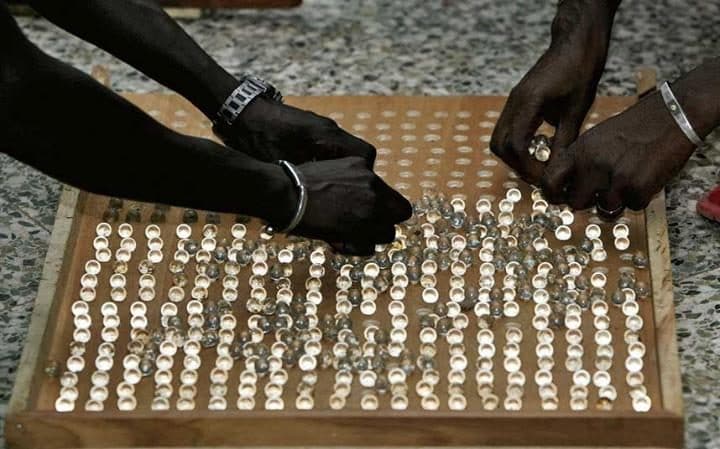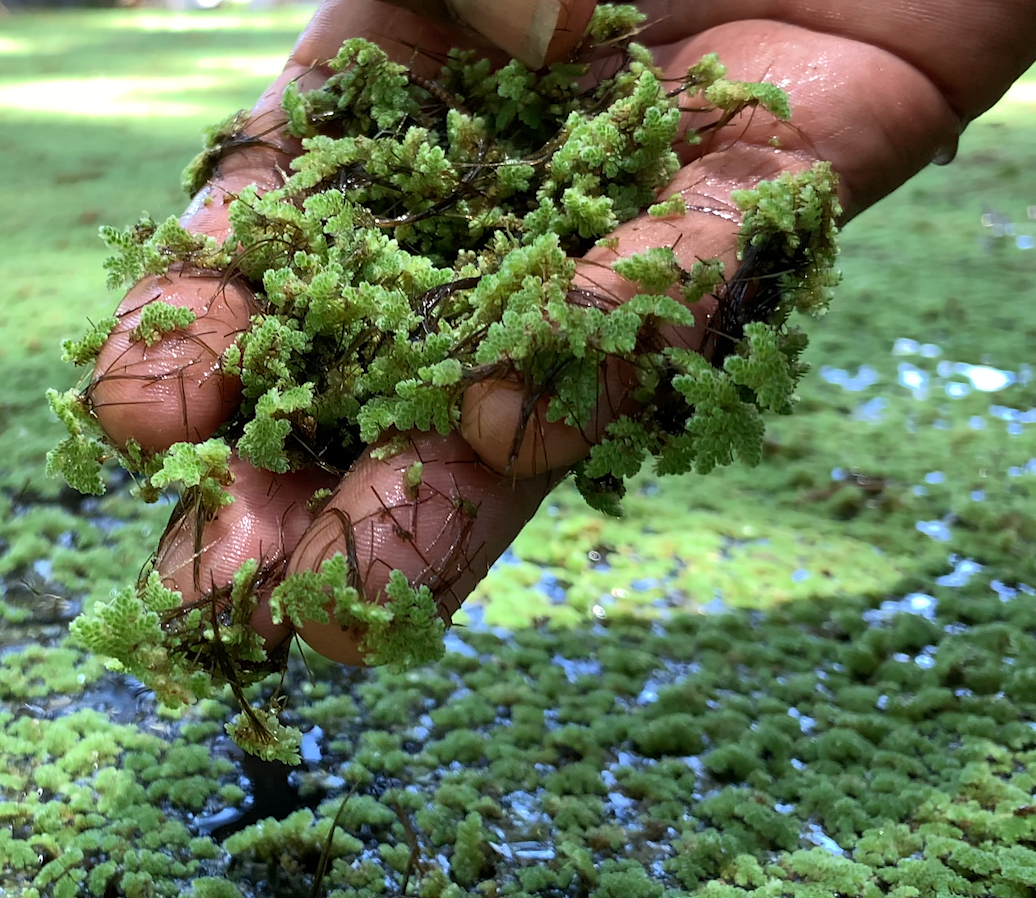
Gambia to end process of voting with glass marbles

When Gambian voters go to the polls in April and May to elect local level officials it will be the last time the West African country employs its unique voting method of using marbles.
Elections Commission chief, Alieu Momar Njai, said Gambia will begin using paper ballots per international standards, after the May elections.
Gambia adopted the unique system in the 1960s as a way to allow those who are illiterate the opportunity to participate in the electoral process. Leaders also thought the marble and drum process also helped reduce the number of spoiled ballots. A spoiled ballot is generally one that a voter has inadvertently ruined by marking it incorrectly.
The marble voting process works like this.
In April 2017, Njai described the marble system as a huge logistical nightmare and said it will be phased out over time.
“We cannot afford to continue with this ballot system”, Njai said. “With the change of system in governance, Gambians are now participating in politics in numbers and that means in every election, we will have to make lots of drums and paint them with different colors.”
Njai also says the paper ballot process will be less expensive that using marbles and that nations with literacy rates lower than Gambia’s have figured out a way to ensure that paper ballots are simple enough for everyone to use.
An estimated 900,000 voters are expected to cast their ballots at 1422 polling stations across the country. In Gambia’s two largest cities, Kanifing and the capital, Banjul, voters will elect Councilors and two new Mayors.






